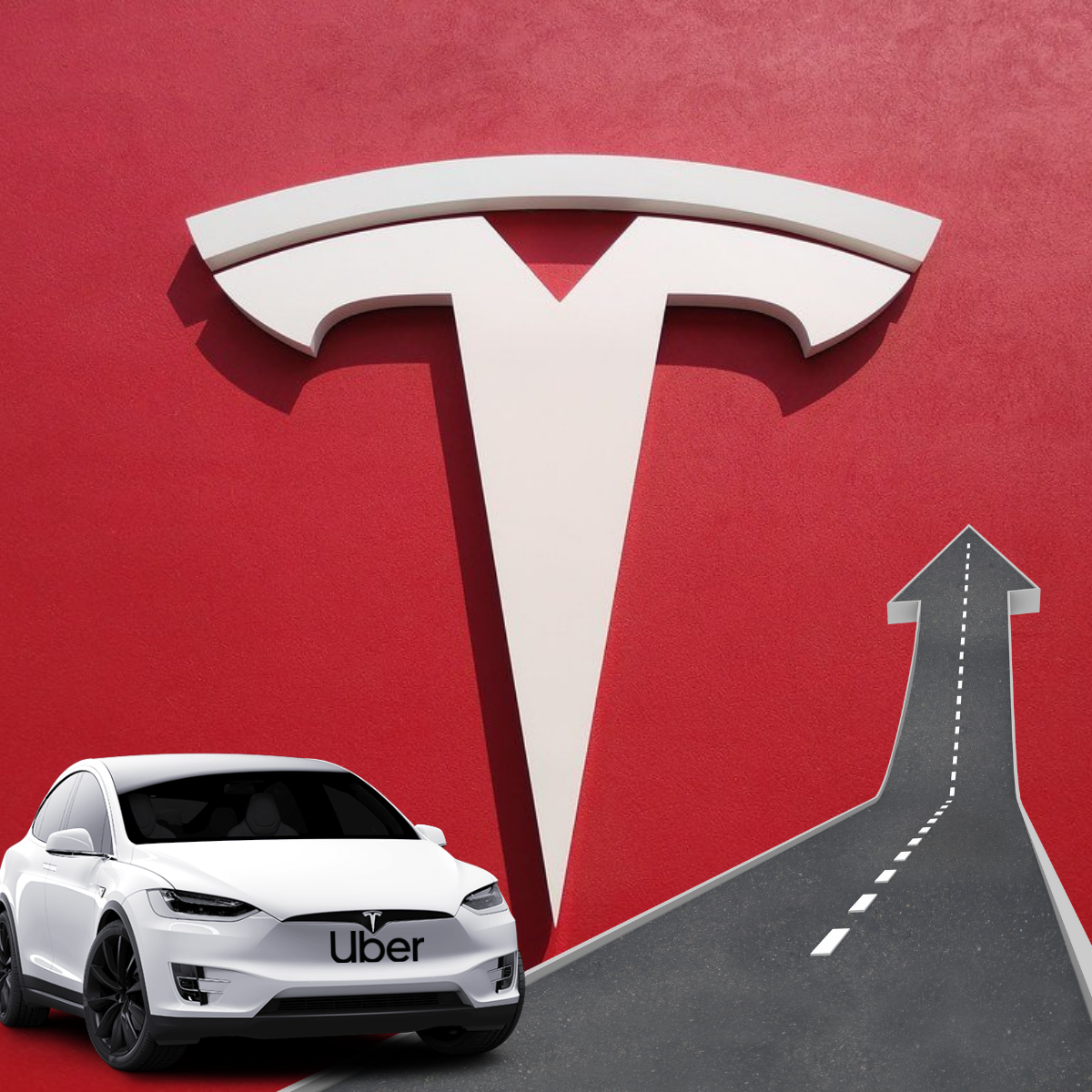A new study finds that EVs are taking off faster than expected, but then that's disruptive technology for you and its Amara's Law in action. Consider what's next.
Finding: A new study finds that EV cars will be the most-in-demand option by mid-decade, and by 2028 the upfront costs of a new EV will be less than the upfront cost of a new internal combustion engine car. The study produced by the industry alliance from research by Element Energy suggests that the take-up of EVs is much faster than expected. The precise wording is significant— it didn't say EV sales will exceed ICE cars mid-decade, rather than they would be more in-demand.
Surprise? Not really but then again…
Hands up if you find the conclusions of the report surprising. Then again, suppose the report was published in 2013: and it predicted EV sales would exceed ICE cars by 2025. Frankly, the report would have been relegated to the comedy channel. If you had advanced the idea of EVs eight or nine years ago, you would have been told you lived in a dream world.
Amara's Law, named after the late Roy Amara, former president of the Institute for the Future, who said: "We tend to overestimate the effect of a technology in the short run and underestimate the effect in the long run."
Amara's Law is spot-on. It also has an explanation. If technology changes exponentially, but we expect it to change linearly, as Ray Kurzweil says, then simple mathematics explains why Amara's Law occurs in the real world.
Coupled with disruptive technology, the operation of Amara's Law follows a more subtle course. It is not that we necessarily expect a technology to develop more rapidly than it does; instead, our assumption about initial development is kind of conditional. Take EVs to illustrate the point. The human logic goes like this. "You say EVs are going to replace ICE cars in 12 years. Well, where are they? I would expect to see a little more progress by now." It is not that we expect sales to develop rapidly, but we would expect sales to develop more rapidly for your claim about their development to be true. The condition we implicitly impose for a claim about a new technology to be true is that we expect the initial impact to be much greater than is in fact necessary.
The principle doesn't only apply to technology; we saw it with Covid. When the virus first broke in China, January 2020, most of the West dismissed its danger. Even in early March, when cases of Covid in the West were small and largely related to cruise liners, we didn't really believe that the virus could spread that rapidly — the numbers were too small. The condition of our mindset in order to believe that Covid could spread across the population in a short-time frame drew upon the assumption that there needed to be more examples. For the Covid threat to be real, the initial impact had to be greater than it was — conditional Amara's Law.
Toys are back in town
There is another lesson of disruptive technology. People dismiss the technology as little more than toys.
When Microsoft approached Encyclopaedia Brittanica and proposed working with them to produce an encyclopaedia on a CD, they were told that Encyclopaedia Brittanica produced serious products, not toys.
When techies told the marketing folk at a disc drive company that 5.25-inch disc drives for PCs would be the next big thing, their predictions were dismissed. "We don't produce toys," they were told.
It was like that with EVs, dismissed as toys. The wiser heads pointed out that the original motor cars were electric and superseded by internal combustion engine vehicles. To claim EVs were on their way back was seen as akin to saying dinosaurs were in for s recovery.
This is how disruption works
The faster than expected take-up of EVs has left traditional car manufacturers looking at a company they once saw as producing little more than toys, called Tesla, and marvelling at its market cap. If only they had moved sooner — well, they didn't because they couldn't move past conditional Amara's Law.
The principle applies in other ways. That is why renewables are emerging much faster than any serious forecaster predicted.
It is why the potential of AI, or gene editing tech or cultured meat or 3D printing, or graphene or maybe even brain-computer interfaces is not understood. Instead, onlookers apply conditional Amara's Law and look at the current state of play and fail to factor in how exponential technologies can converge.


Human disruption
One of the lessons of innovator's dilemma, the theory produced by the late Harvard professor Clayton Christensen to explain how disruptive technology works, is to experiment. The theory acknowledges that we can't say for sure how technology will change the world, that the future is unpredictable, so try lots of ideas. In this way, we get corporate venture capital and company-funded accelerator schemes.
Onlookers gaze at the venture capital-funded projects that fail and conclude a bubble — they see crazy valuations. However, the small number of successes make enough money to cover all the losses from the majority of VC backed startups that fail.
This has parallels with evolution— try lots of ideas, and occasionally you stumble onto a winner.
Many don't like innovators' dilemmas because implicit to the theory is that the future is uncertain, the idea that a business must be able to pivot - contrary to the age old business advice of sticking to your plan.
Cannibalise or be eaten
Another good saying regarding disruptive technology is "cannibalise or be eaten." So blockbusters wouldn't consider a proposal from Reed Hastings to no longer fine customers for the late return of videos. "It will cannibalise our product ", they said.
Likewise, Encyclopaedia Britannia thought an encyclopaedia on a CD would cannibalise their product.
They say, "if it isn't broken, don't fix it," but nothing lasts forever and constant revaluation is a discipline we seldom see.

Human disruption
Supposing technology disrupts humanity. Suppose that AI or the Metaverse or gene editing threaten to do to us what the car did to the horse or EVs are doing to the internal combustion engine.
We dismiss the threats because that's conditional Amara's Law.
But how do we experiment? In business, there can be lots of product lines, lots of companies. Sure, most fail eventually, but the successes can be spectacular. However, there is only one version of us.
Microsoft Encarta disrupted Encyclopaedia Britannia, but then Encarta got disrupted by Wikipedia and is it hard to see how Microsoft could have avoided Encarta's fate. Ironically, following chapter 11 and a re-invention, Encyclopaedia Britannia has had a new lease of life.
Disruption is complex and takes us into the realm of uncertainty, but disruptors are often disrupted, eventually. ICE cars failed to prepare for EVs and now eat dust in Tesla's wake.
So, what is the technology that EV companies will dismiss as they build their empires?
Hydrogen perhaps (but not for two or three decades) or flying cars and passenger drones/VTOL perhaps (the 2030s, maybe) or the Metaverse diminishing the need for travel dramatically.
Of course, it is pie in the skies; they are just toys.








Related News
The AI revolution is here
Jan 25, 2023
The impossible conclusion about technology becoming less disruptive and why it is so dangerous
Jan 20, 2023
Tech bubble! Are you kidding?
Jan 06, 2023